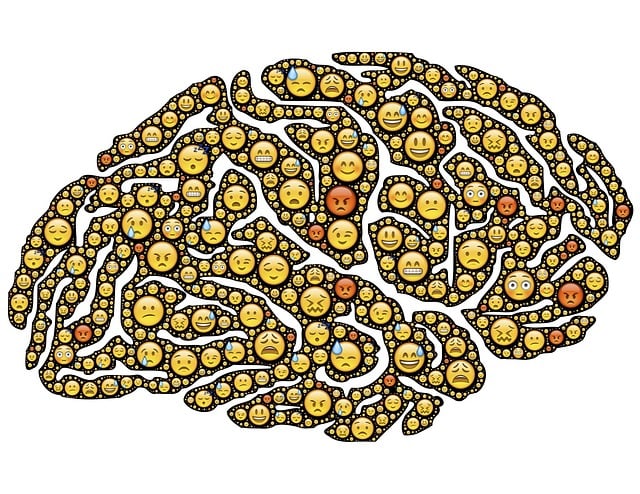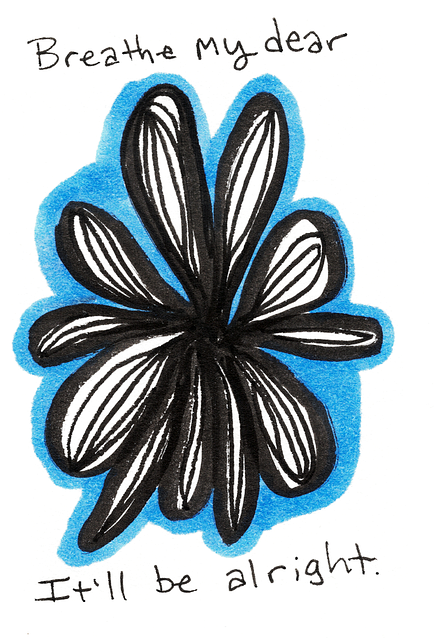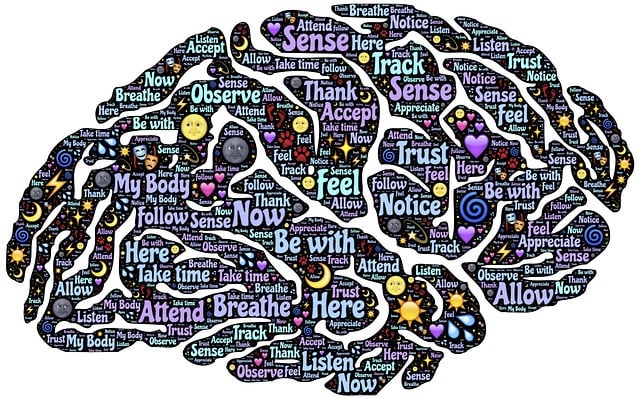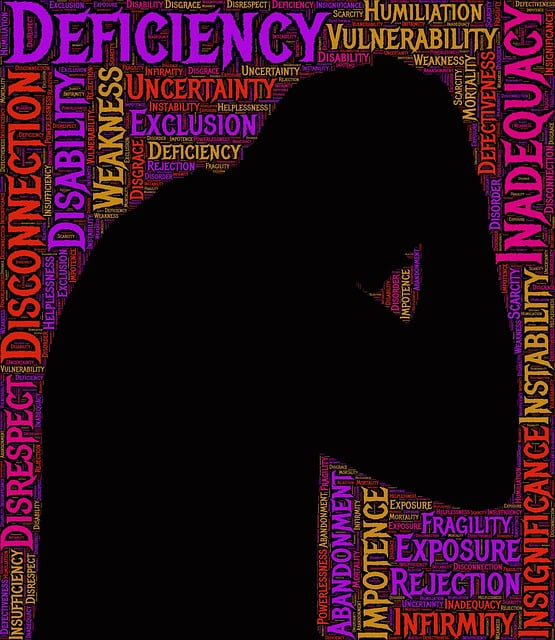Therapy for Young Adults with Neuro Disorders leverages positive thinking exercises as a powerful therapeutic tool. Integrating practices like gratitude journaling and mindfulness meditation, along with risk management planning and cultural sensitivity, empowers individuals to break negative thought cycles. This holistic approach enhances resilience, improves coping mechanisms, and promotes well-being, aligning with Mental Health Policy goals. Consistent engagement leads to substantial improvements in mental health outcomes, fostering a mindset that embraces positivity even amidst adversity.
“Unleash the power of positive thinking for young adults with neuro disorders through targeted exercises. This comprehensive guide explores the profound impact of cognitive strategies on mental well-being, delving into common barriers that hinder positive thinking. We offer practical techniques to cultivate resilience and hope. By incorporating tailored exercises into daily routines, individuals can navigate their neurodiversity with enhanced coping mechanisms. Discover how consistent practice leads to measurable improvements in therapy for young adults with neuro disorders.”
- Understanding Positive Thinking and Its Impact on Young Adults with Neuro Disorders
- Identifying Barriers to Positive Thinking: A Deep Dive into Common Challenges
- Practical Techniques for Cultivating a Positive Mindset
- Incorporating Positive Thinking Exercises into Daily Routines
- Measuring Success and Sustaining Positive Changes Over Time
Understanding Positive Thinking and Its Impact on Young Adults with Neuro Disorders

Positive thinking exercises have emerged as a powerful tool in the therapeutic arsenal for assisting young adults with neuro disorders. These individuals often face unique challenges, and cultivating positive thoughts can significantly impact their overall well-being and daily functioning. Neurological conditions can lead to cognitive and emotional difficulties, making it essential to explore innovative strategies like positive psychology interventions.
Therapy for young adults with neuro disorders goes beyond traditional talk therapy. It involves empowering them with skills to enhance resilience building and navigate the complexities of their conditions. By integrating positive thinking exercises, mental health professionals can support these individuals in managing symptoms, improving coping mechanisms, and fostering a sense of hope and optimism. Risk management planning is crucial here, ensuring that both the patient’s cultural sensitivity in mental healthcare practice and individual needs are considered during treatment.
Identifying Barriers to Positive Thinking: A Deep Dive into Common Challenges

Many young adults facing neuro disorders struggle with adopting positive thinking due to several interconnected barriers. One significant hurdle is the internal dialogue that develops as a result of chronic stress and anxiety, often stemming from the challenges associated with their disorder. This negative thought pattern can feel like an insurmountable mountain, making it difficult for them to shift their perspective towards positivity. Additionally, external factors such as social comparisons and societal pressures further complicate matters. Many young adults may find themselves caught in a cycle of self-doubt and criticism, which is especially harmful when navigating the complexities of managing a neuro disorder.
Community outreach programs and therapy sessions designed for this demographic often incorporate compassion cultivation practices and self-care routine development as tools to combat these challenges. By fostering an environment that encourages empathy towards oneself and others, these initiatives aim to replace negative thought patterns with more compassionate ones. Moreover, teaching effective self-care strategies empowers young adults to take control of their mental health and cultivate a mindset that embraces positivity, even in the face of adversity.
Practical Techniques for Cultivating a Positive Mindset

Cultivating a positive mindset is a powerful tool for anyone, but it’s especially beneficial for young adults navigating neuro disorders. Practical techniques such as cognitive reframing and mindfulness meditation can help shift negative thought patterns into more constructive ones. By focusing on what’s possible rather than what’s challenging, individuals can build resilience and enhance their mental wellness.
Confidence-boosting activities like setting achievable goals, practicing gratitude, and engaging in physical activity can significantly contribute to a positive mindset. Public awareness campaigns centered around mental health play a crucial role in normalizing conversations about neuro disorders and promoting the development of effective therapy strategies for young adults. These approaches collectively empower individuals to embrace a brighter perspective, fostering overall well-being.
Incorporating Positive Thinking Exercises into Daily Routines

Incorporating positive thinking exercises into daily routines can significantly benefit young adults navigating neuro disorders. These practices offer a form of therapy that empowers individuals to take control of their mental health. By dedicating just a few minutes each day, one can engage in activities like gratitude journaling, where reflecting on positive experiences boosts mood and promotes self-esteem improvement. Such exercises serve as a powerful tool against anxiety relief, helping to reframe negative thoughts and cultivate optimism.
Moreover, integrating these practices into established routines streamlines the process, making it more sustainable. For young adults with neuro disorders, consistent engagement can lead to substantial improvements in overall mental health. This is particularly relevant when considering the broader context of Mental Health Policy Analysis and Advocacy, as such exercises contribute to a holistic approach, enhancing individual resilience and potentially reducing the burden on support systems.
Measuring Success and Sustaining Positive Changes Over Time

Measuring success and sustaining positive changes over time are crucial aspects of any therapeutic journey, especially for young adults navigating neuro disorders. In the context of therapy for young adults with neuro differences, defining success goes beyond mere symptoms reduction; it encompasses emotional well-being promotion techniques that foster resilience and adaptive coping strategies. Therapists should employ tools tailored to individual needs, integrating cultural sensitivity in mental healthcare practice to ensure effectiveness.
Regular assessments and collaborative goal setting allow for tracking progress and identifying areas requiring further attention. Public awareness campaigns play a pivotal role in encouraging open conversations about neuro disorders, reducing stigma, and enhancing support systems. By fostering an environment that prioritizes emotional well-being, young adults can maintain the momentum gained through therapy, adapting positive thinking exercises into their daily routines to sustain long-term improvements.
Implementing positive thinking exercises as part of a comprehensive therapy approach for young adults with neuro disorders can significantly enhance their overall well-being. By addressing common barriers and adopting practical techniques, individuals can cultivate a more optimistic mindset. Integrating these exercises into daily routines not only provides an effective tool for managing challenges but also allows for continuous measurement of progress. Over time, consistent practice may lead to lasting positive changes, empowering young adults to navigate their neuro disorders with greater resilience and improved quality of life.














